Jeffrey D. Sachs
Jeffrey David Sachs is an American economist and public policy analyst, professor at Columbia University, where he was former director of The Earth Institute. He is known for his work on sustainable development, economic development, and the fight to end poverty.
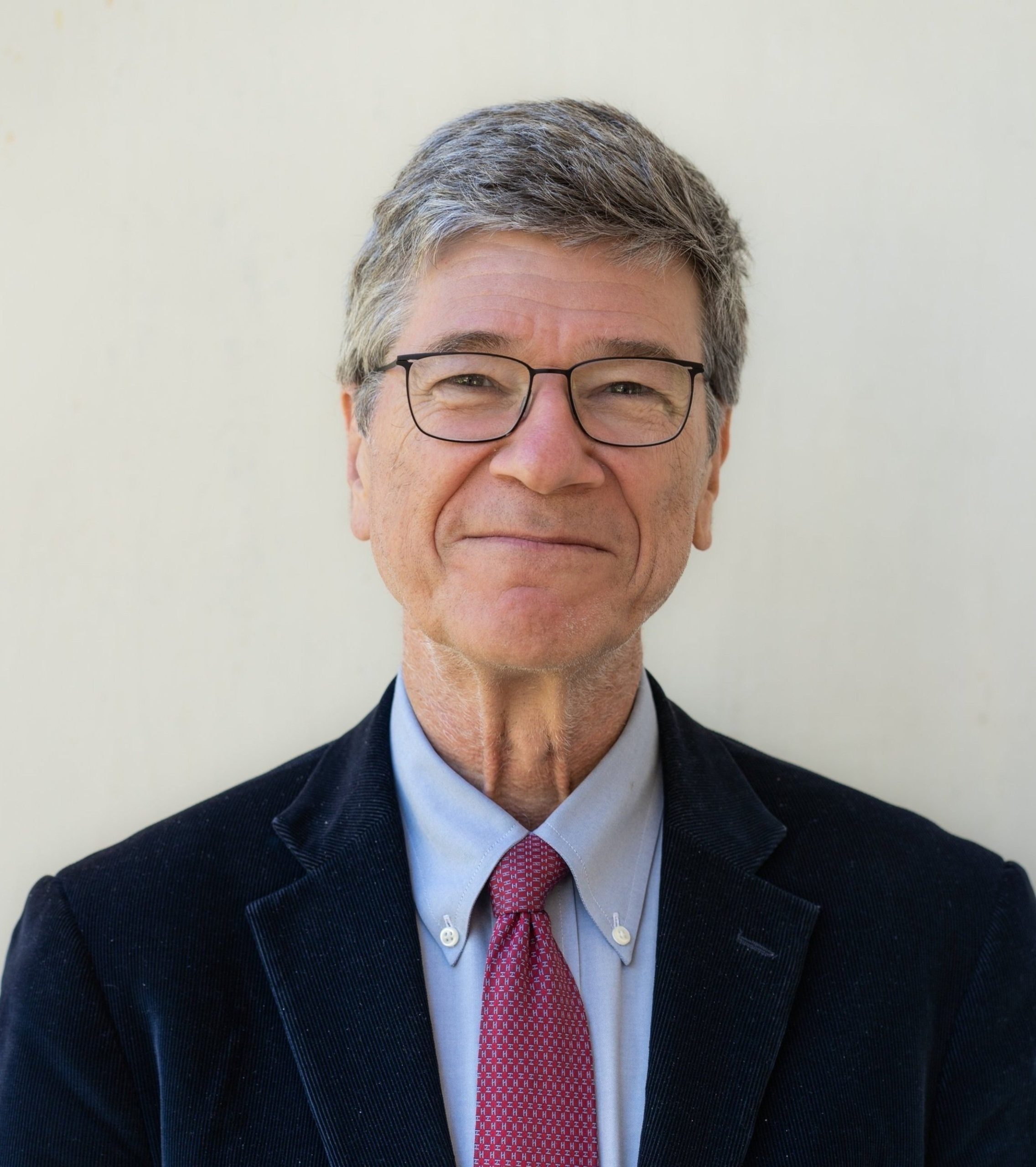
Featured Works
Sachs has authored and edited numerous books, including three New York Times bestsellers: The End of Poverty (2005), Common Wealth: Economics for a Crowded Planet (2008), and The Price of Civilization (2011).
Other books include To Move the World: JFK’s Quest for Peace (2013), The Age of Sustainable Development (2015), Building the New American Economy: Smart, Fair & Sustainable (2017), A New Foreign Policy: Beyond American Exceptionalism (2018), The Ages of Globalization: Geography, Technology, and Institutions (2020), and most recently, Ethics in Action for Sustainable Development (2022).
Experiences
Sachs is Director of the Center for Sustainable Development at Columbia University and President of the UN Sustainable Development Solutions Network.He is an SDG Advocate for United Nations (UN) Secretary-General António Guterres on the Sustainable Development Goals (SDGs), a set of 17 global goals adopted at a UN summit meeting in September 2015.
From 2001 to 2018, Sachs was Special Advisor to the UN Secretary General, and held the same position under the previous UN Secretary-General Ban Ki-moon and prior to 2016 a similar advisory position related to the earlier Millennium Development Goals (MDGs), eight internationally sanctioned objectives to reduce extreme poverty, hunger and disease by 2015. In connection with the MDGs, he had first been appointed special adviser to the UN Secretary-General in 2002 during the term of Kofi Annan.
Sachs is co-founder and chief strategist of Millennium Promise Alliance, a nonprofit organization dedicated to ending extreme poverty and hunger that has come under scrutiny from critics and was the subject of a book by the journalist Nina Munk.
From 2002 to 2006, he was director of the United Nations Millennium Project’s work on the MDGs. He is co-editor of the World Happiness Report with John F. Helliwell and Richard Layard. In 2010, he became a commissioner for the Broadband Commission for Sustainable Development, whose stated aim is to boost the importance of broadband internet in international policy.
Show less
Show more
Recent Events
All
|
Article
|
Video
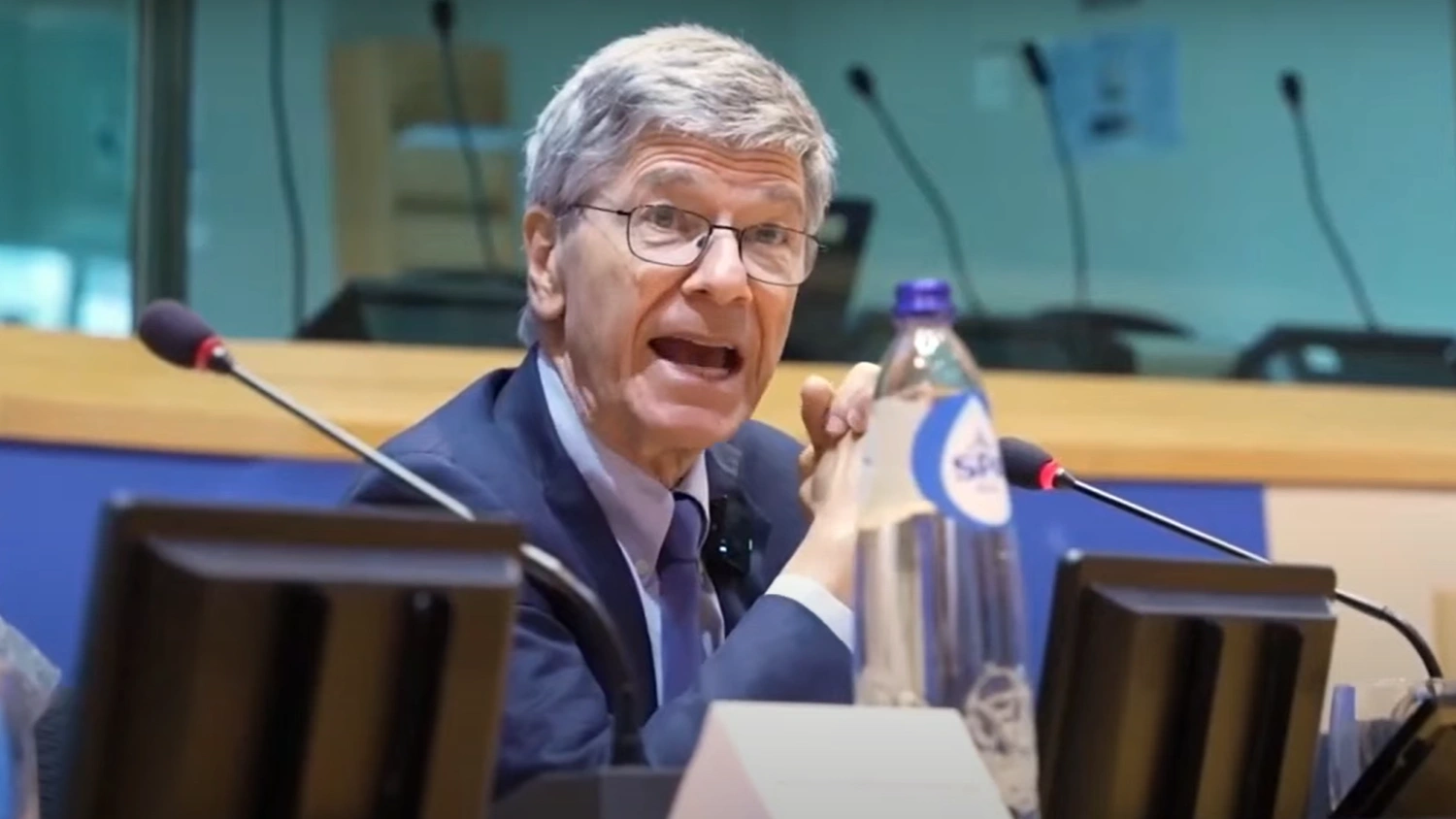
March 3, 2025
The US' arrogant unilateral foreign policy since the Cold War is the root cause of the Russia-Ukraine tragedy, with Europe as a complicit follower.
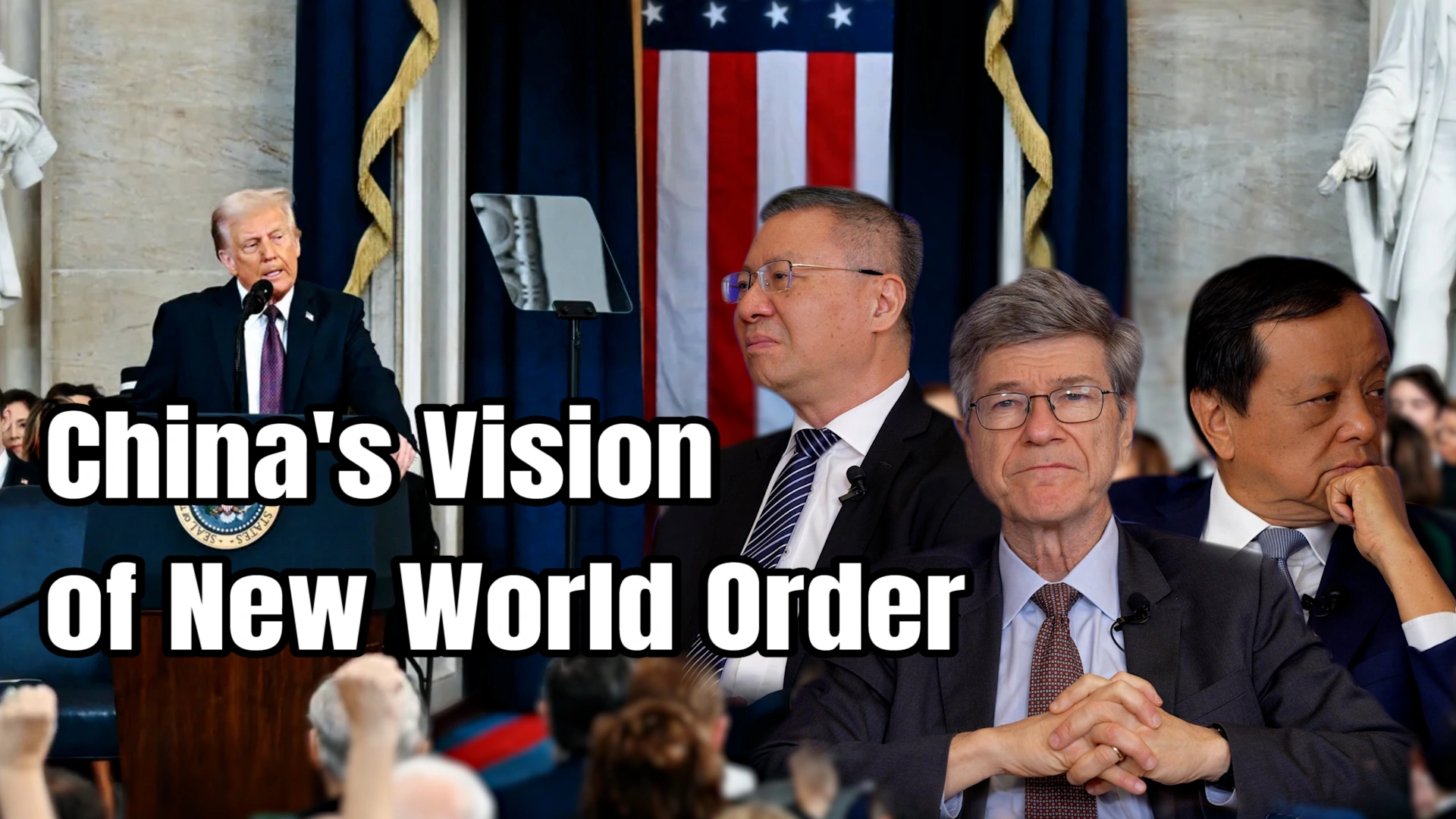
January 26, 2025
Professor Jeffrey Sachs, world-renowned economist, talks with Professor Zhang Weiwei, China’s top political scientist, and Mr. Charles Li, China’s leading expert in finance.
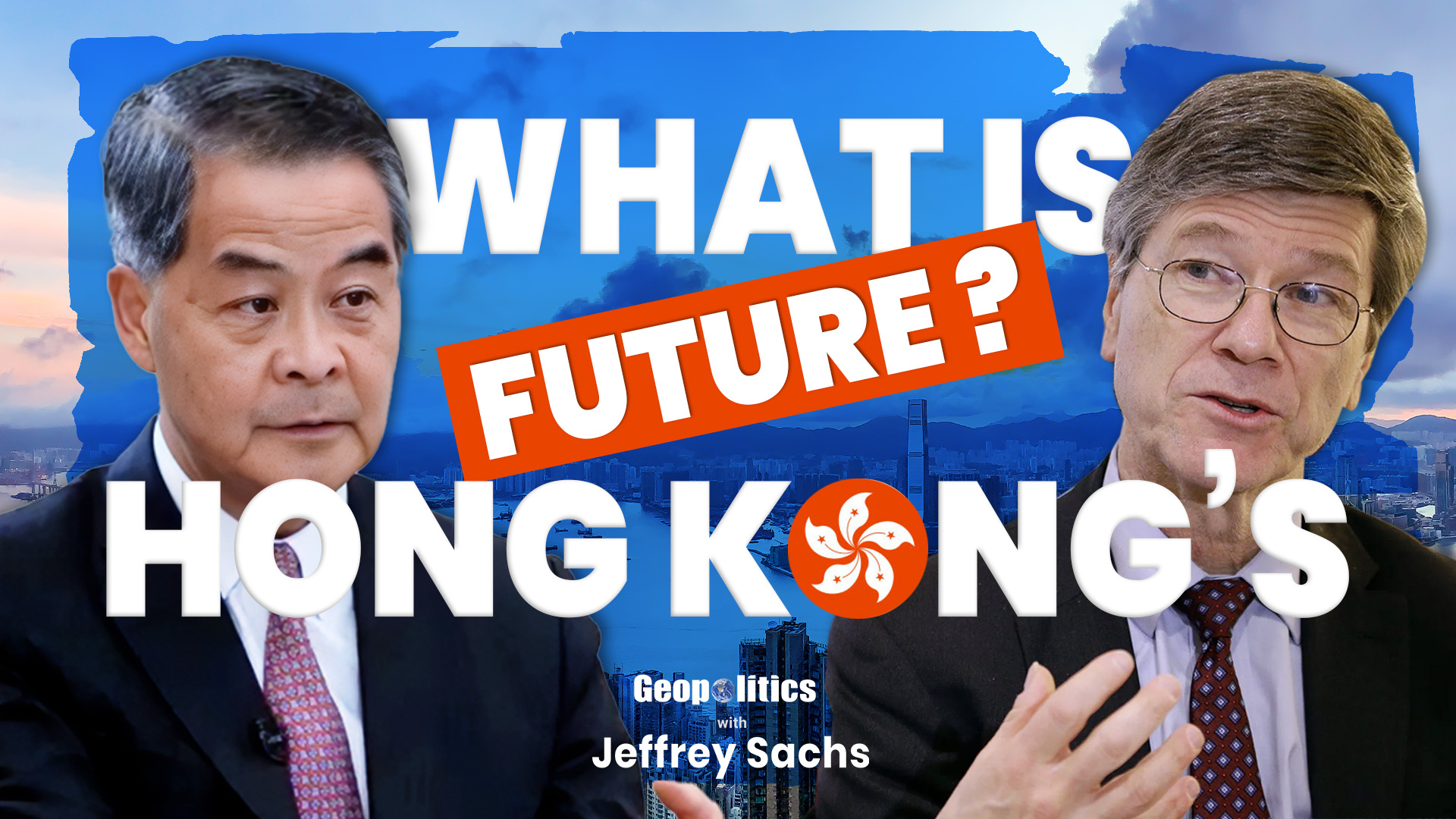 30:55
30:55
October 28, 2024

Western media claim that Hong Kong's economy is not doing well. This has left renowned American economist Jeffrey Sachs puzzled: Isn't Hong Kong developing quite well?

July 25, 2024
The United Nations-based structures are fragile and in need of an urgent upgrade; we should consider this one at the U.N. Summit of the Future in September.
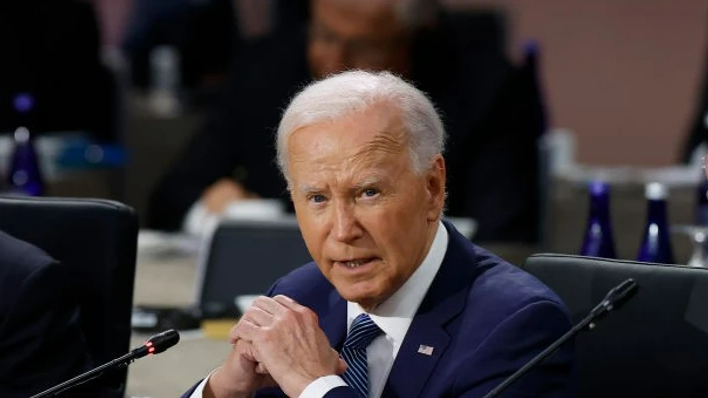
July 13, 2024
For the sake of America's security and world peace, the U.S. should immediately abandon the neocon quest for hegemony in favor of diplomacy and peaceful co-existence.
.jpg) 6:07
6:07
July 12, 2024

Jeffrey Sachs: By visiting Kyiv, Moscow, Beijing, and Washington, Hungarian PM Viktor Orban is seeking peace, knowing US-led NATO expansion is the root cause of war.
.jpg) 4:10
4:10
July 5, 2024

To make Taiwan safe, the US should insist on one China, rather than arming the island to the teeth.
.jpg) 5:45
5:45
June 26, 2024

Money corrupted American politics in the American way, in the free market way. It was quote, legal corruption.
.jpg) 8:17
8:17
June 24, 2024

The US is the world's least aligned with the UN Charter. The US started to view the UN as a place to spread US propaganda, not a vehicle of global problem-solving.
